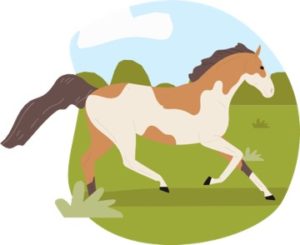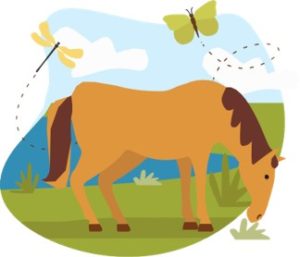The Five Domains of Animal Welfare
Want more welfare advice?
By sharing information amongst our supporters, equine owners and professionals, we can work together to promote and improve equine welfare.
DEFRA Equine Welfare Code of Practice.
This outlines what the law requires horse owners to do to meet their horse’s health needs and fully understand the horse’s welfare needs.
How to help us
There are so many ways you can help us continue our rescue, rehabilitation, welfare and education work.





